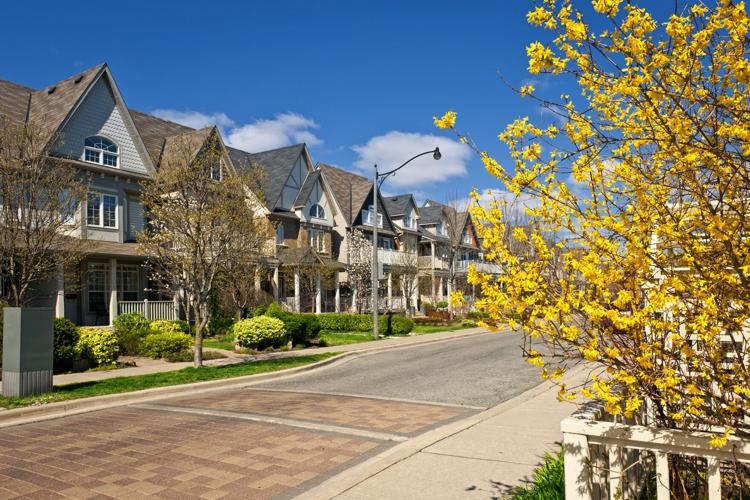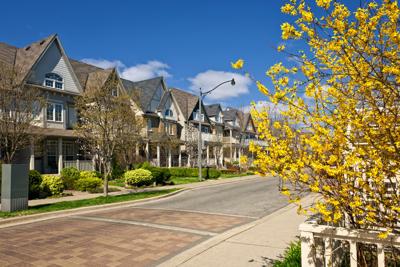Attention, pc28ĻŔÕÝresidential property owners: the clock is ticking ‚ÄĒ the deadline to submit your 2024 Vacant Home Tax (VHT) declaration is Wednesday, April 30, and missing it could end up costing you.
‚ÄúIf a declaration of occupancy status is not made by the deadline, the property will be deemed vacant and subject to the Vacant Home Tax,‚ÄĚ advised Stephen Conforti, the City of Toronto‚Äôs chief financial officer & treasurer, adding the VHT is set at three per cent of the property‚Äôs current assessed value.¬†
To help them remember, the deadline to declare a property‚Äôs occupancy status aligns with the date by which individuals have to file their personal income tax return. ‚ÄúWe hope that submitting a Vacant Home Tax declaration by April 30 becomes ingrained as something homeowners must do every year,‚ÄĚ Conforti said.
The City of Toronto’s Vacant Home Tax program is designed to address the housing crisis by encouraging property owners to either rent out or sell properties that remain vacant for extended periods.
‚ÄúThe Vacant Home Tax program works to increase the availability of homes in pc28ĻŔÕÝby incentivizing homeowners to make their vacant residential properties available to be lived in,‚ÄĚ explained Conforti. The goal is to reduce the number of unoccupied properties and make those spaces available for people who need housing, which in turn will improve access and affordability in the city.

The VHT is part of a broader initiative to address Toronto’s housing challenges. Revenue collected from the tax will be allocated to affordable living solutions, like the Multi-Unit Residential Acquisition (MURA) Program, which supports the acquisition of at-risk private market rental units by non-profit organizations. These efforts help secure affordable options for residents who might otherwise struggle to find a place to live in Toronto’s competitive market. 
What qualifies as a ‚Äúvacant‚ÄĚ home? According to the City, a home is considered vacant if it is not the owner‚Äôs principal residence or the principal residence of someone they permit to live there, or if it remains unoccupied for more than six months during the calendar year.
Of course, there are some exemptions to the VHT, including for properties undergoing major repairs, properties that were legally transferred within the taxation year, or those required as a secondary residence for employment or medical treatment. 
Conforti said, to help ensure homeowners complete their declarations on time, the City of pc28ĻŔÕÝmade several improvements to the VHT program ‚ÄĒ all with a customer-centred approach ‚ÄĒ including streamlining the process for submitting a declaration, making it easier to complete.
‚ÄúWe addressed the overall process and timelines ‚ÄĒ the ease of declaration, the communications strategy, and the technology and customer interface for the online declaration portal,‚ÄĚ he explained.
‚ÄúAnother key improvement is the dedicated Customer Care team we‚Äôve set up so that homeowners have the option to declare by phone, by calling 311. And because 311 offers service in 180 languages, they can choose to make their declaration in the language of their choice, if required.‚ÄĚ
By submitting their VHT declaration by the deadline of April 30, property owners will contribute to the City’s goal of increasing the housing supply in Toronto, helping to address the housing affordability crisis. Homeowners can submit their declaration quickly online at , by calling 311, or by visiting a Tax and Utility counter at City Hall or one of the civic centres.




























